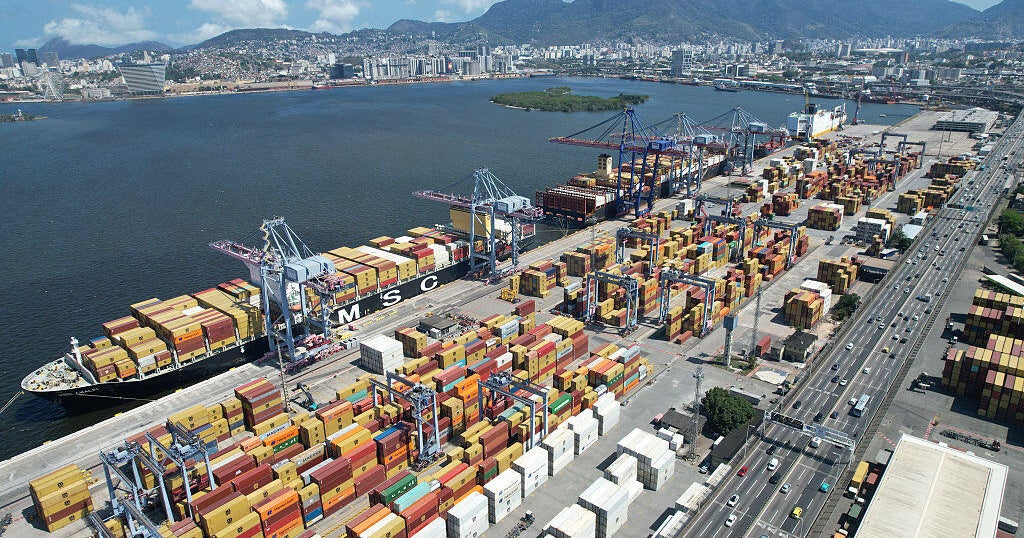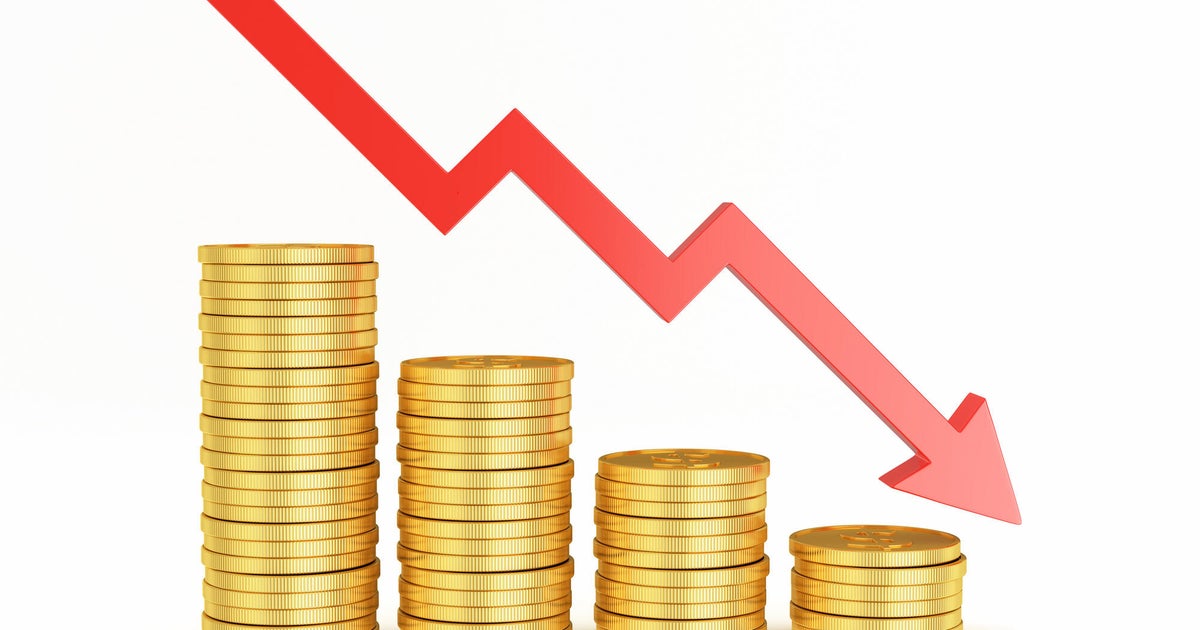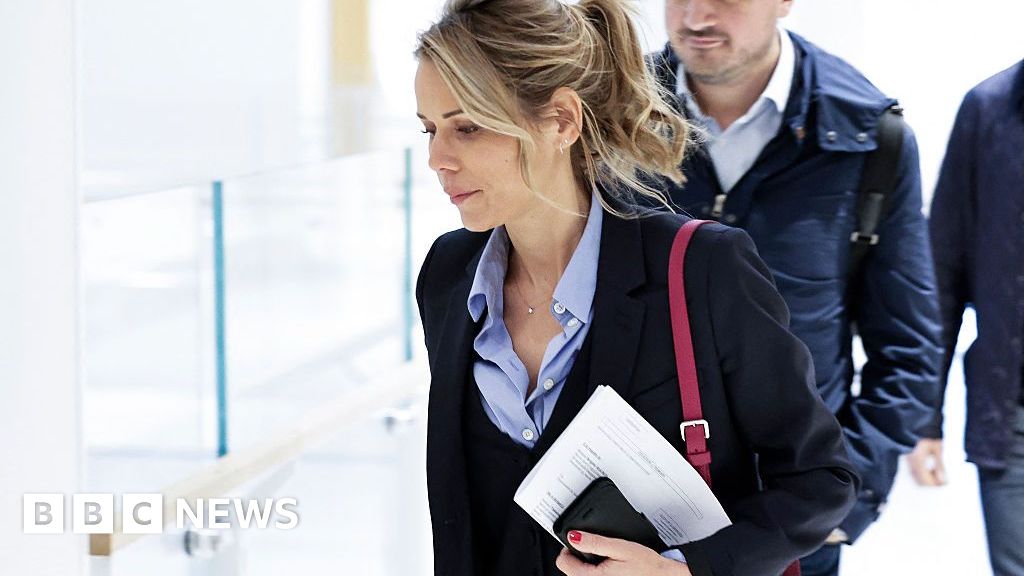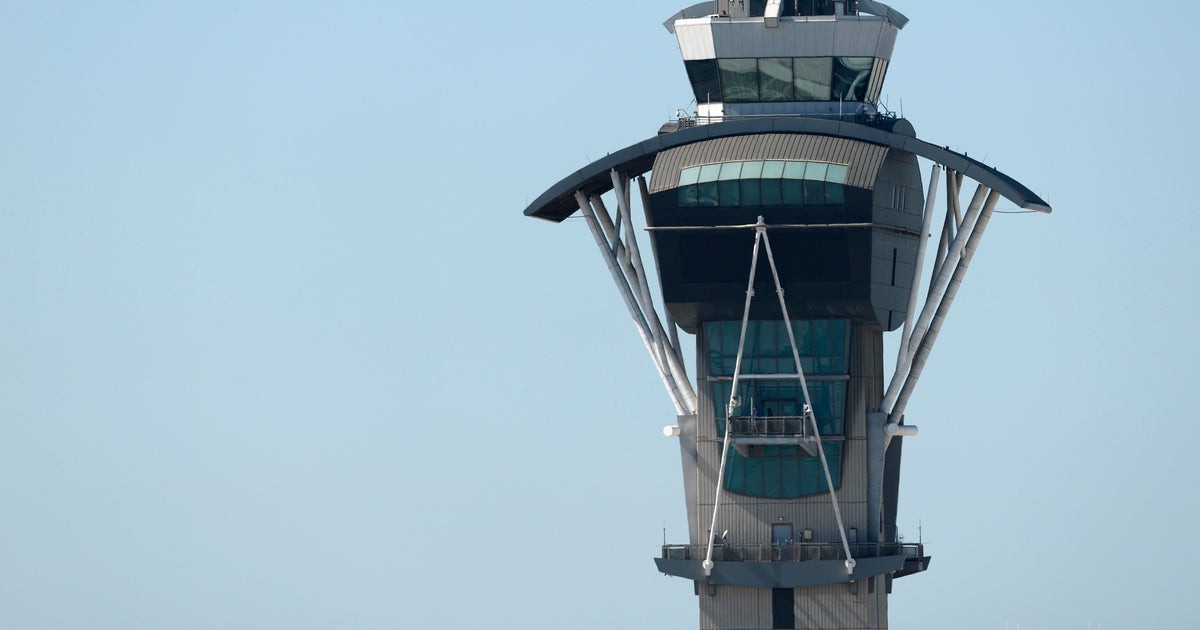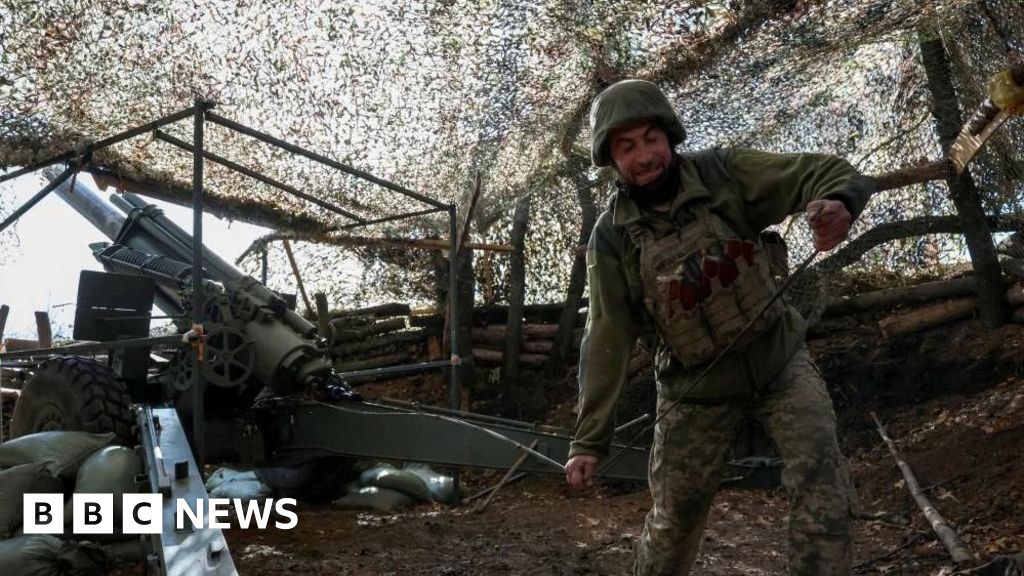Beefed-up public transport services around the clock, parks that come alive at night, outdoor swimming spots lit for a dip after dark.
Forget New York. Saiful Salihudin wants Sydney to be the city that never sleeps.

World Economic Forum urban transformation lead Saiful Salihudin says boosting the after-dark economy has benefits for businesses and communities.Credit: Steven Siewert
As the NSW government forges ahead with plans to boost conditions for more than one million night workers, Salihudin, the World Economic Forum’s urban transformation lead, is urging private and public sector leaders to challenge the outdated misconception that cities stop at sunset.
“It’s a myth-busting exercise, a little bit, right? Night-time is not just nightlife. It’s a big opportunity to shift the narrative, and for businesses and community to come together.
“Most people work nine to five, and so night-time is time for people to come together as well, in all these third spaces we have, like a public space, a bar or whatever that might be for their community.”
Loading
Salihudin, who lives in New York, is one of the international speakers in Sydney for the NSW Office of the 24-Hour Economy Commissioner’s NEON Forum on the future of the city’s nightlife.
He said the forum, an international organisation that leverages public-private sector partnerships to confront global challenges, increasingly viewed the “thoughtful activation” of night-time economies as a vehicle to boost economic growth and inclusivity, and help tackle climate change.
“I think Sydney and NSW definitely lead the world in terms of providing that example of how governments can play a role in helping catalyse this more thoughtful activation of the 24-hour economy,” he said.
Salihudin emphasised the night-time economy didn’t apply only to hospitality and entertainment sectors and that, post-COVID, more people were working flexible or irregular work hours, spurred by advances in technology and the rise of the gig economy.
“These [workers] thrive more when assets like infrastructure, real estate and businesses open longer,” he said.
“Longer hours means longer opportunities for commerce, and more opportunities for jobs, employment and real estate. If you have restricted opening hours, you’re only utilising your assets for a certain number of hours, and there’s an opportunity for them to be utilised more.”
The upshot of that, Salihudin said, was: “If you have vibrant cities, you attract talent, you attract people to live there. And then you create this cycle for businesses and investment to come as well.”

Saiful Salihudin says climate change and the shift to more flexible work hours and arrangements will continue to be the major forces shaping global cities in the next decade.Credit: Steven Siewert
As cities such as Sydney became hotter and denser, he said improving the reliability of public transport services, and utilising public spaces such as well-lit parks after dark, would be crucial to creating a more vibrant and inclusive metropolis. Salihudin pointed to “24/7 beaches” in Dubai: “They put a really big flashlight around some beaches to allow people to go there for recreation at night.”
“This idea of activating public spaces at night helps make a city more welcoming for everyone at every hour. And if you want to have people to go out at night, to experience the city at night, you need to be able to move them around. So transportation is key, definitely … There are a lot of essential workers working at night.”
Loading
His remarks coincide with the state government’s shift in focus from “vibrancy” reforms to boost the hospitality and entertainment sectors, to policies to improve the wellbeing, safety and productivity of 1.27 million NSW night workers, including nurses, paramedics, hospitality workers and drivers.
Night-time Economy Minister John Graham will use the NEON forum to reveal a three-year plan to explore increasing public transport options in key locations, trial hubs that provide food and toilets for gig workers, and consider micro-markets to increase access to healthy foods.
He said night-time workers often faced security, health, transport, financial and childcare challenges.
“The NSW Productivity Commissioner told us that we could boost our economy by over $8 billion by increasing the intensity of our night-time economy to match Victoria’s. Better serving this enormous group of workers is a great way of boosting our productivity.”
Loading
Asked what Sydney could do better, Salihudin said all global cities could improve their night-time economies by “bringing more private sector actors into the space and collaborating with them”.
“They can make the case that a 24-hour economy is a smart strategy that can address many issues and provide this catalyst for an urban environment that is vibrant, great for business, great for people to live, work and play.”
He said climate change and shifting work patterns would continue to be the most significant forces shaping cities in the next decade.
“As cities get hotter during the day, I think more [authorities] will find activating cities at night becomes more important.”
Start the day with a summary of the day’s most important and interesting stories, analysis and insights. Sign up for our Morning Edition newsletter.
Most Viewed in National
Loading









